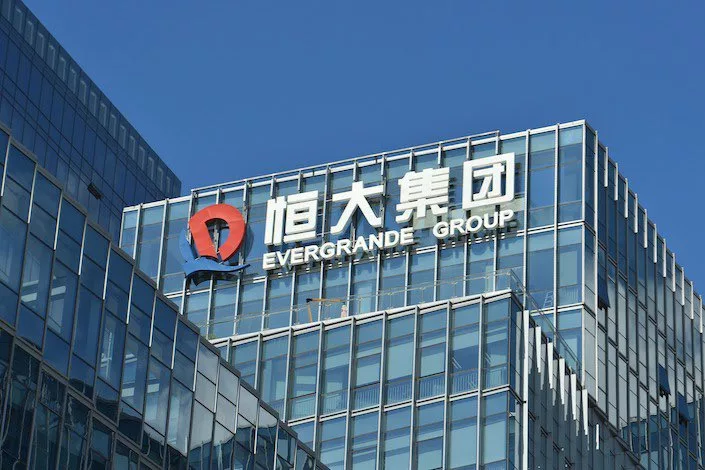
Evergrande Initiates Bankruptcy Protection Proceedings in the US Amidst Real Estate Crisis
China’s prominent real estate giant, Evergrande, has taken a significant stride by initiating bankruptcy protection proceedings in the United States, amidst the escalating real estate crisis in China. This legal action, known as Chapter 15 bankruptcy protection, is designed to shield Evergrande’s assets in the US while the company endeavors to strike a substantial agreement with its creditors.
Global Repercussions: Evergrande’s Debt Default and its Impact on Financial Markets
The origins of Evergrande’s financial turmoil trace back to 2021 when the company defaulted on its substantial debts, causing reverberations across global financial markets. This recent filing in a New York court occurs at a juncture when concerns about China’s property market are adding to apprehensions about the well-being of the world’s second-largest economy.
Navigating a $300 Billion Debt: Evergrande’s Struggle with Creditor Negotiations”
Evergrande, a conglomerate with interests spanning from real estate to electric vehicle manufacturing and football clubs, has been grappling with the challenge of renegotiating arrangements with its creditors subsequent to its default. The company’s debt, surpassing $300 billion, positions it as one of the most heavily indebted property developers on a global scale. Its shares have been suspended from trading since the previous year.
From Real Estate to Electric Vehicles: Evergrande’s Diverse Business Portfolio
The company’s real estate arm oversees an extensive portfolio comprising over 1,300 projects spread across more than 280 cities in China. Beyond its real estate ventures, Evergrande is involved in electric vehicle initiatives and football clubs.
Unfinished Business: Funding Challenges for China’s Property Market Projects
Another concern within China’s property market pertains to several prominent firms encountering difficulties in procuring funds to finalize their ongoing projects. Completion of these projects holds crucial significance as it ensures an uninterrupted flow of financing. If construction comes to a halt, buyers who have pre-purchased homes cease their mortgage payments, thereby exacerbating financial strain for developers.
Deflation and Decline: China’s Economic Struggles and Central Bank’s Response
China’s economy has encountered additional challenges, as it recently slipped into deflation, with consumer prices experiencing a decline for the first time in over two years. In contrast to other nations contending with inflation, China’s weakened growth prompted central bankers to decrease borrowing costs in an attempt to invigorate the economy. Import and export figures have also exhibited a decline due to weakened global demand, carrying implications for China’s economic recovery.
Economic Resilience: China’s Unexpected Key Interest Rate Reduction
In a move aimed at buttressing the economy, China’s central bank made a surprising decision to reduce key interest rates for the second time in three months. This unexpected measure aims to provide a boost to the country’s economic prospects.
